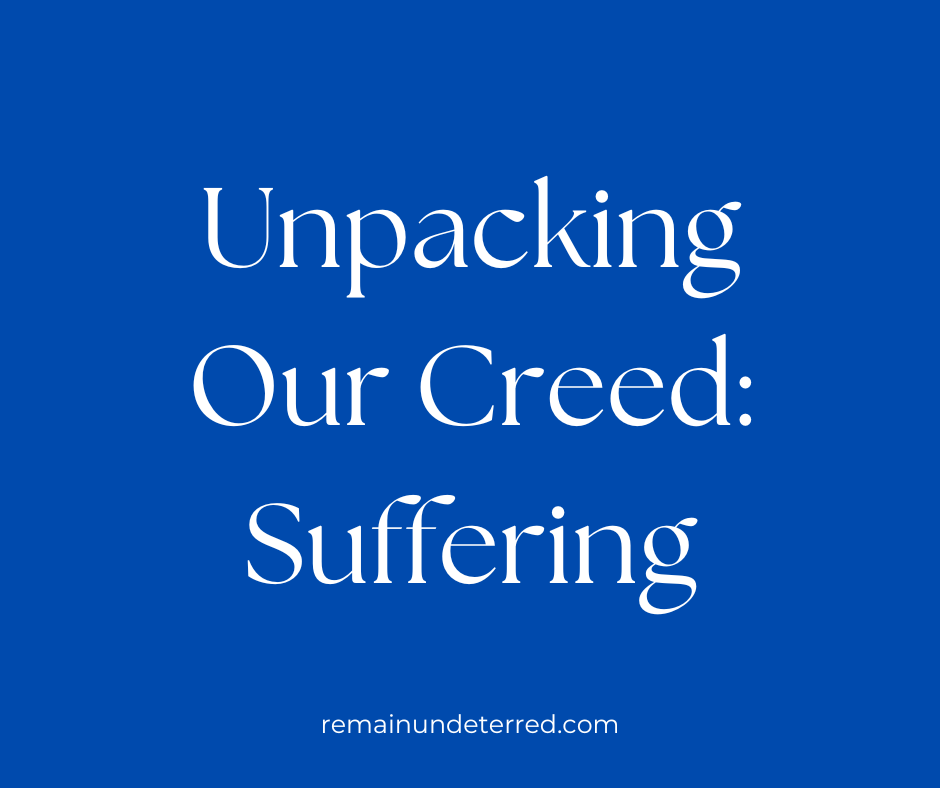"Happy holidays!" I said with a smile, ringing my bell in front of our local Kroger store for the Salvation Army donation bucket drive.
"Happy holidays? Don't you mean, 'Merry Christmas'?" The elderly lady stepped a little closer, not smiling, obviously agitated by my greeting. "No one is going to stop me from celebrating the birth of Jesus this season."
I continued smiling, "I join you in that celebration. I hope you have a great day, ma'am."
She turned on her heels and pushed her cart to her car.
Just a few years ago, Fox News host, Bill O'Reilly made hay during the season surrounding Christmas Day that there was a persecution afoot, even a conspiracy, one that was injurious to Christians around the world. That "persecution": that some wished us not to say "Merry Christmas!" He called it the "War on Christmas," and his faithful viewers were encouraged to battle against the forces of evil that were trying to push back against such an important element of our celebration. Needless to say, I had become an unlikely participant in this "war," when I smiled and wished that Kroger shopper a happy holiday.
Without doubt, there is suffering and persecution happening, today, among Christians. Equally important, however, is the fact that there is suffering and persecution happening among Jews, Muslims, Hindus...the labels, religious or not, matter little. The fact is that human beings are suffering for some stated belief or an identifier that has been deemed worthy of physical aggression and harm. As followers of Jesus, we should care about that and defend those who are weak and vulnerable against such injustice. We'll discuss that more in the future.
Today, our task is to unpack suffering and persecution (synonym for suffering?) as it relates to our creed.
Our Creed
Suffering is common to humanity. Philosophers and theologians have been exploring the problem of pain for centuries. Physical and emotional suffering as it relates to God and faith are addressed continuously within the Bible, both the Old and New Testaments. Within the New Testament, written during a time when most of the "known" world was dominated by the rule of the Roman Empire, we see a consistent theme of suffering and persecution among the Jewish and Christian populations, with the latter suffering at the hands of Jewish authorities and Romans. (For a general contemporary discussion of the root and application of Jewish/Christian persecution, read this article from History Today: "Why Early Christians Were Persecuted by the Romans" by Bruce Eastwood [1966])
Our Creed is more general in its application concerning suffering. Contextually, the passage first reflects on another reason for rejoicing. We have been declared righteous by faith. We have peace with God through Jesus. We stand in His grace before God. We REJOICE in the hope of God's glory. Only then does our writer turn to suffering, saying that we REJOICE in sufferings also.
Literally translated, the Greek says: "not only but, indeed we glory in these afflictions." The image is one of a high pressure situation resulting in glory. That brings to mind another passage found in 1 Peter, where Peter addresses a great persecution that is occurring among the Christians.
One does not have to read far into the Acts of the Apostles to find Peter and John being threatened and punished for their declaration of the "gospel of God."
So, beyond the common suffering of humanity, we find in this passage the idea of "sharing in the sufferings of Christ." This is to cause us to "rejoice and rejoice exceedingly," literally in the Greek. Bearing an insult in the name of Christ identifies us blessed and comforted by the fact the the Spirit of God rests upon us (a quote of Isaiah 11:2). If we suffer as a Christian, how should we respond? Not with shame, but glory, blessing, and rejoicing that we bear such a name and share in the glory of Christ. Ultimately, because we are not suffering as a result of sin (murderer, thief, criminal, or troublemaker) but "according to the will of God," in other words because we are living according to His will, we entrust ourselves to Him and His purposes, believing that He rewards those who seek Him.
None of us like to suffer. In fact, voluntary suffering goes against the very fiber of our being. We should rather avoid suffering. In the natural course of life, suffering will come. We live in a fallen world, after all. In the natural course of living the Christian life, we will face common suffering and have been told by Jesus, Himself, to expect suffering and persecution (Matthew 5:10-11). I leave us with this.
Yes, and amen.
Remain undeterred.
